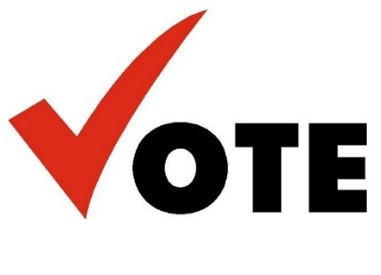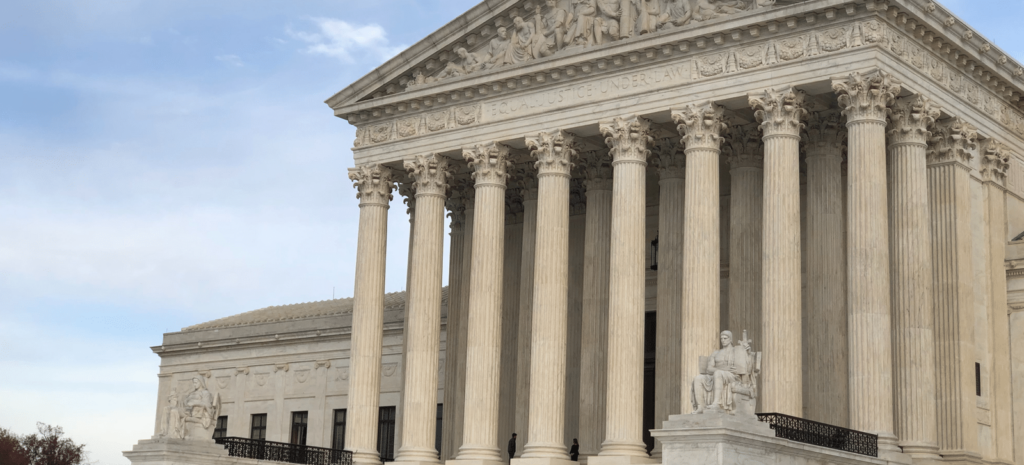Interstate commerce in cannabis is a hot topic right now. One of the biggest reasons why is because for many mature markets, and especially in California where the price is plummeting, there is oversupply. There is also significant demand for quality cannabis in states where it remains illegal or where the market has been slow to stand up. Given this reality, it is commonly accepted that there is significant unauthorized interstate commerce already occurring despite state laws that prohibit legal exports. But there is also a growing effort to create legal interstate commerce. This article provides a brief overview of the relevant legal principles and outlines the variety of current approaches being taken to create a legal interstate market in cannabis.
Who Regulates Commerce and How?
Congress Our dual system of government was formed because of a federalist compromise. To get all the states to agree to be a part of the United States, the Constitution only allows the federal congress to act through its enumerated powers including its Commerce Clause (“CC”) power. Under the CC, Congress generally has the power to regulate the channels and instrumentalities of interstate commerce such as highways and cars. It has also been interpreted that Congress can regulate activities that substantially affect interstate commerce. Whether those activities have had to be economic or to involve interstate commerce has depended on the Court’s makeup and subject matter. For example, in 2005, the court found that medical cannabis grown in compliance with state law, a non-economic intrastate activity, fell within Congress’ CC powers. More recently, in 2012, the Supreme Court found that healthcare, an economic and interstate activity, did not fall within Congress’ CC powers but did uphold it under the taxing clause. It should not be assumed that the current Court would uphold a sweeping federal law regulating cannabis.
States Through the 10th Amendment to the Constitution, States have a general police power to act in the public welfare which includes regulating aspects of commerce. States differ but generally pass laws through their legislature or through a ballot initiative. The 10th Amendment has been interpreted to mean that the federal government cannot force or commandeer the states to act or prevent them from acting. This has been interpreted to mean that the federal government cannot force states to participate in administering a federal program although they can condition the receipt of federal funds. More recently, in 2018, the Court interpreted the 10th Amendment to limit the federal government’s ability to prevent states from legalizing sports betting.
Courts When Congress passes a law that directly conflicts with a state law, the federal law is supposed to supersede and preempt the state law under the Supremacy Clause. The Dormant Commerce Clause or DCC has been implied over time by courts as an additional check on states’ powers so that they cannot impermissibly burden protected commerce even if there is not a federal law which directly addresses the specific issue.
Over time, the DCC has been applied to strike down residency requirements for licensing, laws which limit the ability for an operator to conduct activities in efficient ways in favor of local interests, and tax laws which discriminate against out of staters. Some have proposed “suspending the DCC” by copying language used to regulate insurance. These proposals have ignored the DCC’s unique application to state tax laws and the fact that insurance has retaliatory taxes which had developed over decades when Congress acted to limit the application of the DCC through the McCarran-Ferguson Act. These proposals also rely on the idea that legalization will “unleash the DCC” and invalidate many cannabis regulations even though court are already applying the DCC and the DCC would not necessarily invalidate many states cannabis laws. It is worth emphasizing that suspending the DCC would be detrimental to the area of state tax laws, especially when there is legal interstate commerce.
Current Approaches to Making Interstate Commerce Legal
The long and short of the prior section is that the regulation of commerce is done by Congress, States, and through the Courts. Consequently, there are ongoing attempts in all three arenas to move forward interstate commerce in cannabis. At the federal level, there have been a variety of pieces of legislation introduced over the last year with varying impacts on the landscape of interstate commerce especially in terms of a federal tax rate and FDA jurisdiction over state based medical marijuana programs. Most recently on September 12th, the “Small and Homestead Independent Producers Act of 2022” or SHIP Act was introduced. The law’s implementation would be triggered by another law which descheduled marijuana at the federal level. With the intention of supporting small businesses and craft cannabis, it would permit qualifying small operators to engage in legal interstate commerce direct to consumers between two states where the activity is legal. Although a notable idea, there are a lot of unknowns as to implementation.
At the state level, there is a growing appetite for state initiated and regulated interstate activity. On September 18th Governor Newsom of California signed a bill that will allow interstate commerce between California and other legal states given federal assurance that this activity would not elevate the risk of federal enforcement. Oregon has had a similar law on the books since 2019. On the consumer state side, New Jersey has filed a similar bill as California. There are a lot of open questions as to how regulatory compliance would happen under interstate compacts. The extent to which a state can regulate activity in the state that has upstream interstate impacts is being heard by the Supreme Court on October 11th in a case titled National Pork Producers Council v. Ross. In short, the question is whether a law passed by California, regulating the treatment of pigs sold as pork in the state is subject to the DCC and is overly burdensome. California has so far successfully argued that under the 10th Amendment, they have the power to regulate activity within their state even if it has substantial interstate impacts.
The Supreme Court’s decision in that case could have huge impacts on the future of cannabis commerce, especially because courts have already been applying the DCC to state laws regulating cannabis.
Most recently, in August an opinion from the 1st Circuit Court of Appeals predictably held that Maine’s residency requirements for medical marijuana licenses violated the DCC. A petition for rehearing was denied on September 21st. Scholars and advocates agree that the reasoning used by the 1st Circuit opens the door for similar arguments to be made about other state laws that burden interstate commerce such as bans on state exports. Whether this is a positive or negative depends on who you ask.
Conclusion
My goal with this article is to elevate the conversation by providing tools for industry stakeholders to better understand the legal mechanisms at play and with a succinct overview of this exciting and constantly changing landscape. There is no one clear path to interstate commerce but there is considerable movement on all three fronts because there is a real need for interstate commerce. Which approaches are successful and how quickly legal interstate commerce can occur depends on coordination between stakeholders. The future of a successful national marketplace for cannabis depends on all of us.
Victoria Litman is a cannabis and psychedelic tax lawyer with an emphasis in tax exempt organizations at Parlatore Law Group. As a Graduate Tax Scholar, she earned honors from Georgetown Law where she completed a Master’s in Tax Law and focused her studies at the intersections of drug law, constitutional law, and tax law. A long-time medical cannabis patient, Victoria brings a deep and personal understanding of the cannabis plant and its use to her legal practice and advocacy. You can find her sharing her ideas on twitter @victorialitman and LinkedIn.








